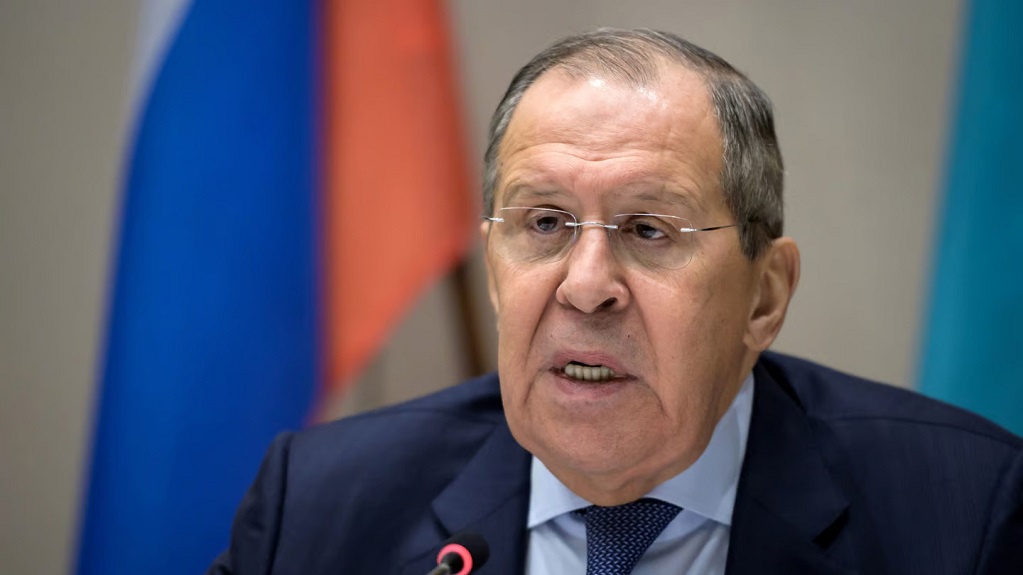Russian Foreign Minister Sergey Lavrov claims that the West is pushing Georgia toward destabilization, economic problems, and a worsening of relations with Russia, while the Georgian Dream party is trying to avoid becoming a pawn of the United States and the European Union.
News
“The US and the EU are trying to put Tbilisi in a false dilemma: with us or against us. At the same time, the Georgian government seems to want to pursue a sovereign policy that serves national interests and does not make it a pawn in the hands of Western powers pushing Georgia toward destabilization, economic problems, and strained relations with Russia. I have no doubt that the Georgian people understand everything and will continue to move forward,” Lavrov said in an interview with the Russian state news agency TASS.
Sergey Lavrov also spoke about Color Revolutions on Russia’s borders, stating that interference in the affairs of Russia’s closest neighbors has long been a part of the foreign policy arsenal of Western politicians.
Lavrov noted that the developments in Georgia are the result of double standards, “when, under the pretext of imaginary concern for democracy and human rights, everything is done to overturn the results of elections that were recognized as free, even by such a tarnished reputation structure as the OSCE/ODIHR.”
“Why is a replay necessary? Just because the puppeteers in Washington and Brussels didn’t like the people’s choice,” Lavrov said.
International observation organizations did not assess the parliamentary elections of October 26, 2024, as free and fair.
The OSCE/ODIHR final report notes that the elections were held amid serious concerns about the impact of recent legislation on fundamental freedoms and civil society, limitations on the independence of institutions involved in the electoral process, and pressure on voters. These issues, together with election-day practices, jeopardized the ability of some voters to cast their ballots without fear of reprisals.
The Parliamentary Assembly of the Council of Europe (PACE) election observation delegation expressed serious doubts about whether the electoral environment provided the necessary conditions for a fair election. “Our findings, based on observations of the campaign and election day, as well as credible and consistent reports from domestic observers after the elections, raise concerns about the integrity of the election results, in particular whether they truly reflect the will of the voters,” the PACE report states.
According to the International Republican Institute (IRI), the elections were fundamentally flawed, and only new elections can restore public confidence in the legitimacy of the government.















